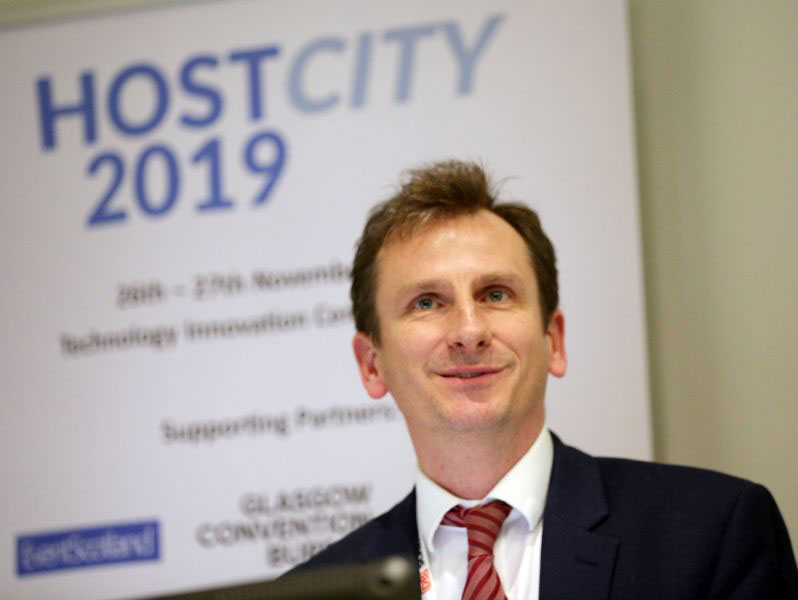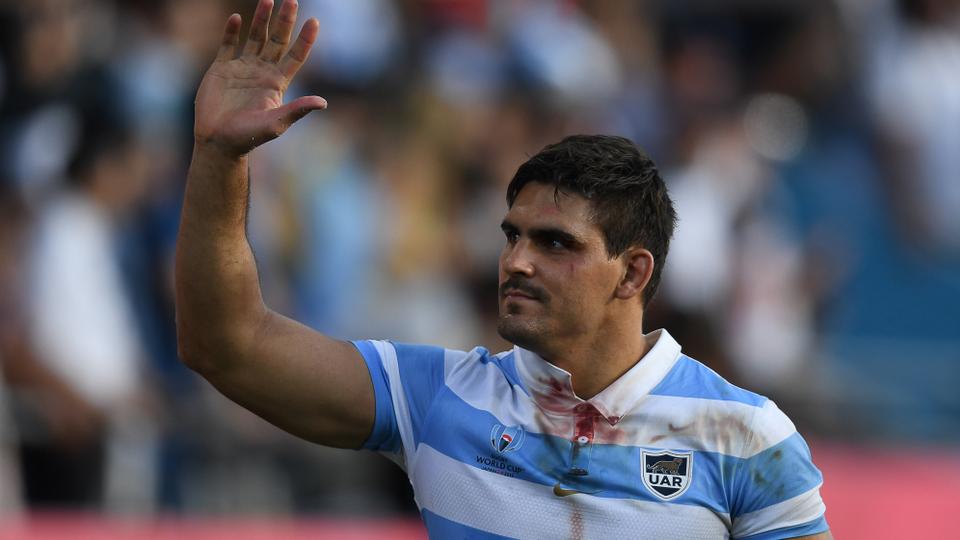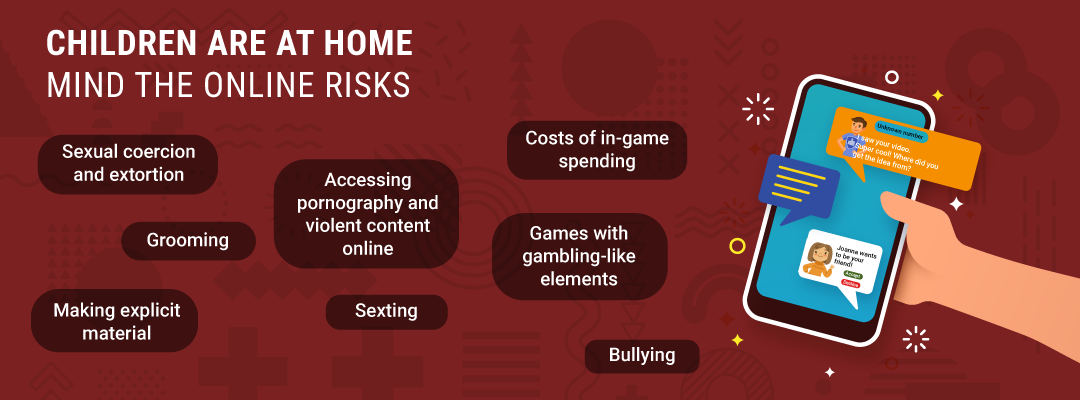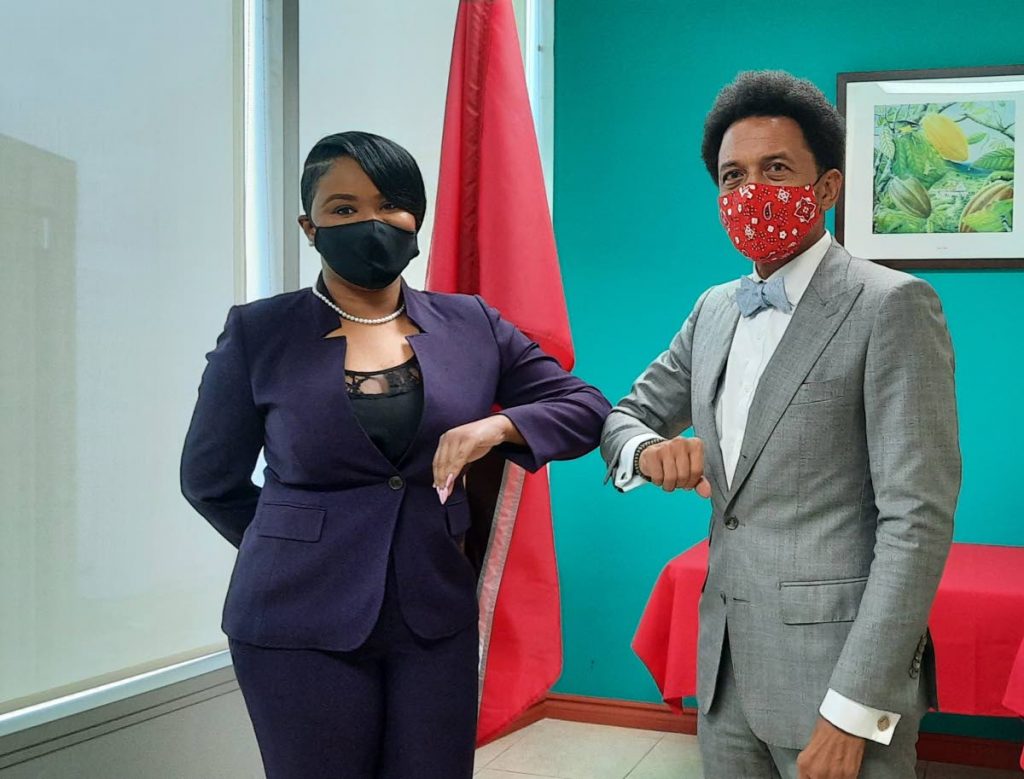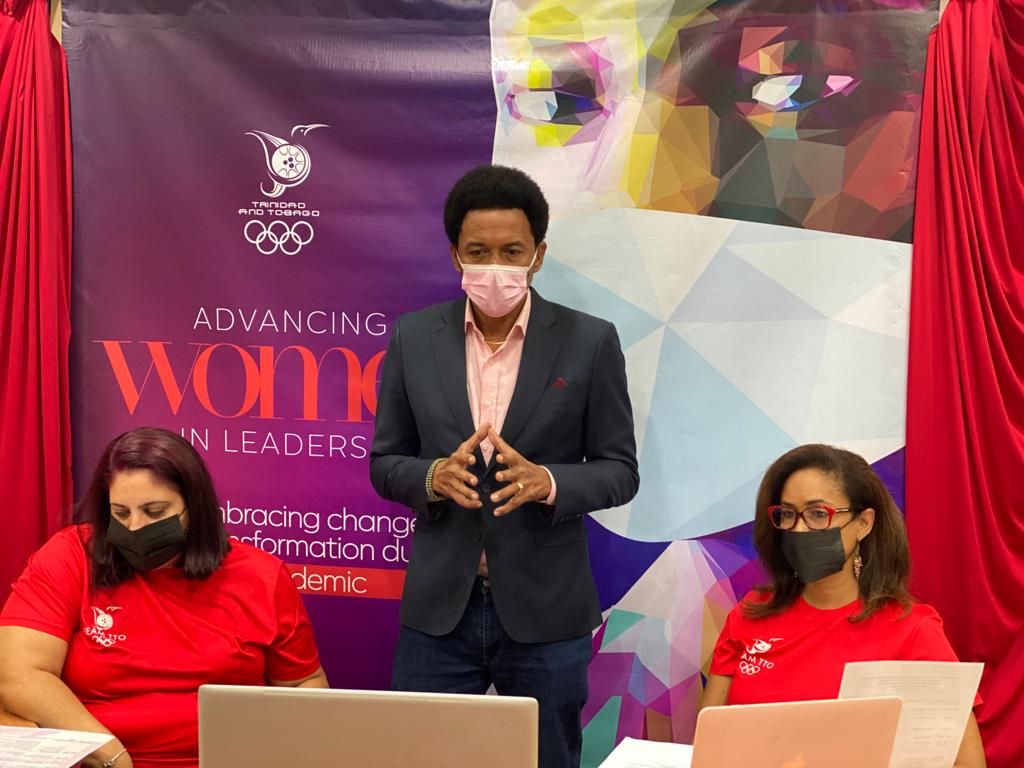(ATR) A global audience of more than 1,000 major event industry professionals is expected to attend the seventh edition of the Host City conference and exhibition on Dec. 8-9.
For the first time, the annual international meeting of cities and sports will be virtual this year. It is also free to attend.
The theme is "The Big Restart: Recovery with a Purpose for the Digital Age” and the opening session will feature keynotes from IOC member and former WADA president Craig Reedie and Paris 2024 CEO Etienne Thobois among others.
In a written interview with Around the Rings, Host City Conference Director Ben Avison revealed what it was like to plan around a pandemic and what's in store for the first virtual edition of the event.
ATR: Given the pandemic, I would assume there was a backup plan in place should a face-to-face gathering not work out. How far in advance was that planning set in motion? When was it decided to switch to virtual? What have been the difficulties in switching to virtual? Are there advantages to doing it virtually?
Ben Avison: Event organizers thrive off certainty, and this year there has been precious little of that. All we can do in these circumstances is plan for different scenarios and adapt to change.
Host City has grown every year since its launch in 2014, and by last year’s event the venue we’d been in for many years was packed to the rafters with 350 people and 30 stands. So we started 2020 all set to move to the Scottish Event Campus on 8-9 December for another year of growth, envisaging 500 people and 50 stands.
Bridget McConnell of Glasgow Life (speaking) and Paul Bush of EventScotland (far right) at a previous Host City, (Host City)
When it became apparent that the coronavirus outbreak was becoming a global pandemic, we started to plan for three potential scenarios: a physical event; a virtual event; and a hybrid event. We stayed in very close contact with our primary supporting partners, Event Scotland, who have been extremely helpful in backing us through all these possibilities, along with Glasgow Life and Glasgow Convention Bureau. We kept a conference venue on hold and started trialing virtual and hybrid platforms as far back as mid-March. Meanwhile we continued building up a world-class agenda and speaker line-up that would hold strong regardless of format.
While it looked for a while that a physical gathering in Glasgow might be possible, by September we aligned on the only scenario we could be certain of delivering: a virtual-only event, hosted by Glasgow-based producers Cameron Live, who use a platform called HopIn that enables all the hallmarks of Host City: world class networking alongside a great conference and exhibition space.
Going virtual has opened up a lot of possibilities. The quality of speakers at Host City is always very high, but not having to travel has made it even more accessible. We’ve also made it more accessible for delegates, taking the decision to make Host City 2020 free to attend, while retaining exclusivity for VIPs, speakers and sponsors to network together in a structured way.
With a virtual platform, the conference organizer has infinite space to play with, no longer bound by the number and size of rooms. So you can expect a much higher attendance than usual (1,000+) and streamed content to cater for everyone’s interests – a festival of events!
ATR: Last week you announced six strategic partners, including two new ones in the Global Esports Federation and the Association of International Convention Centres. What do each bring to the table?
BA: Our Strategic Partner program, launched last year, has really contributed to the size and scope of Host City. The Strategic Partners each represent different stakeholder groups – hosts (International Association of Event Hosts and Glasgow Convention Bureau), venues (AIPC and AEG Europe), suppliers (Association of Global Event Suppliers) and rights holders (Global Esports Federation), every one of them helping to spread the word about Host City to their members and networks.
The Strategic Partners also bring expertise and fantastic speakers.
ATR: You've got quite the speaker line-up for this virtual edition. Who are some of the biggest names? How does this line-up compare to previous editions? Has the pandemic actually helped in getting additional speakers who might otherwise not be able to attend?
BA: Every year the quality of speakers at Host City seems to reach even greater heights and 2020 is no exception – it’s better than ever. Everyone speaking brings unique experiences and perspectives from sports, business and cultural events.
Some of the biggest names on the Olympic and sports side include Etienne Thobois, CEO, Paris 2024 Organizing Committee for the Olympic and Paralympic Games; Roxana Mărăcineanu, Minister of Sports, France; Francesco Ricci Bitti, President, Association of Summer Olympic International Federations (ASOIF); Baroness Tanni Grey-Thompson DBE, DL, Independent Crossbench Peer, The House of Lords; Sir Craig Reedie GBE, IOC Member, Khunying Patama Leeswadtrakul, Member, International Olympic Committee and Vice President, Badminton World Federation; Ian Reid, CEO, Birmingham 2022 Commonwealth Games; Brian Lewis, President, Trinidad and Tobago Olympic Committee; Sabrina Ibanez, Secretary General, FEI; Kate Caithness CBE, President, World Curling, Paul J Foster, COO, Global Esports Federation – and of course our Supporting Partners’ Paul Bush OBE, Director of Events at VisitScotland and Bridget McConnell, Chief Executive of Glasgow Life. There are also many leading representatives of the world’s greatest cultural, entertainment and business events.
As for whether the pandemic has helped: being able to join from home has probably played a part, but we are pretty sure that everyone will be raring to meet face to face again. Thankfully this is now looking like a distinct possibility, so watch this space for announcements about Host City 2021 and another “best ever” speaker line-up!
ATR: The theme for this year's event - "The Big Restart: Recovery with a Purpose for the Digital Age." - seems perfect for the times we are living in. What are some of the highlights for the program that will help make the theme a reality?
BA: There have been times this year when it seemed that the 2020 conference theme might have been overly optimistic. Covid-19 has had a devastating impact on the events industry. But from where we stand right now, with vaccines and mass testing in sight, the Big Restart is really starting to feel just around the corner. The return of sports, business and cultural events won’t happen overnight – the process of recovery will be gradual, and the conference is all about what shape and form the recovery is going to take and what we need to do to get there in terms of support and strategy.
The conference theme really homes in on the purpose of major events – what kind of values are important to different stakeholders? Diversity and inclusion take pride of place on this year’s agenda. We particularly bring the Black Lives Matter movement to the fore, finding out how it is impacting the events sector.
The environmental impact of major events is also given greater platform than ever at Host City, with the sustainability chiefs of the worlds two biggest events – Olympic Games and FIFA World Cup – talking about how they are kicking the carbon habit.
The pandemic has massively accelerated digitalization, so it will be very interesting to find out how physical and digital events are converging – and what this means for the future, with Gen Zers taking to the stage to let us know what makes them tick.
So it’s all about content, community and connectivity. Everyone is welcome – come and join us!
Homepage photo: Host City
For general comments or questions, click here.

